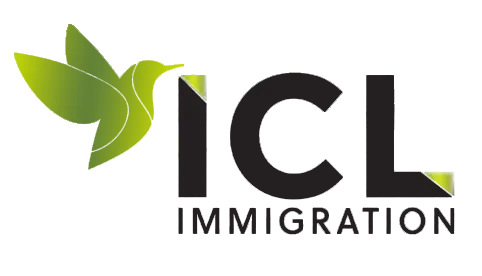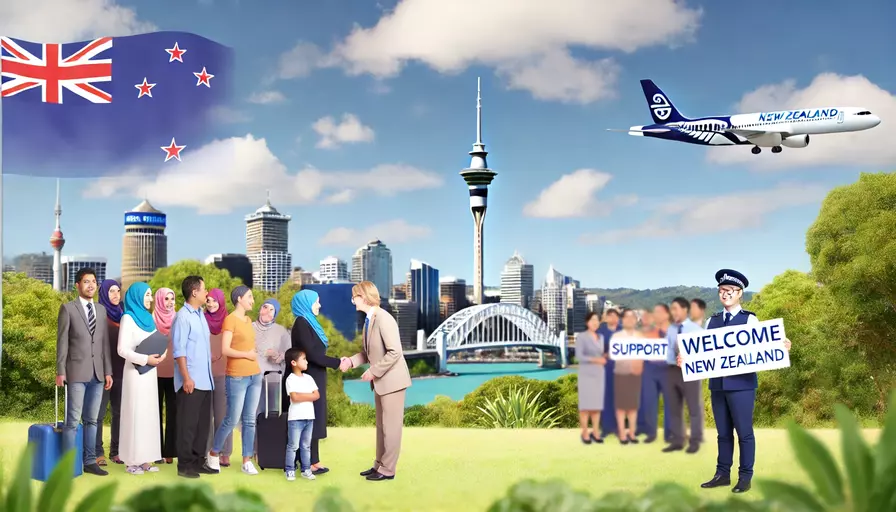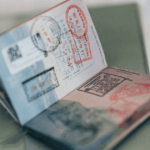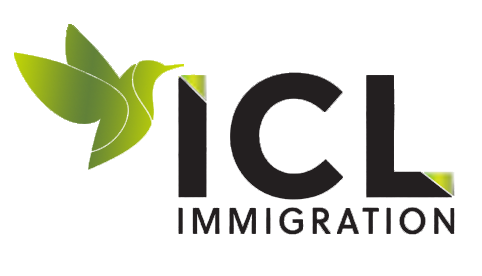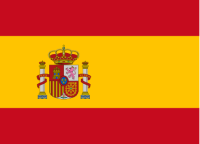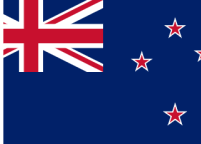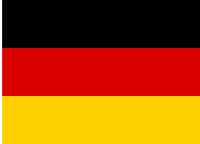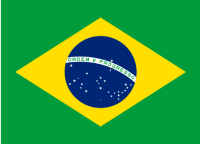1. Overview
Immigration New Zealand (INZ) plays a crucial role in the nation’s effort to support refugees and asylum seekers. This detailed guide outlines the various programs and initiatives to help those in need.
Resident Visa Applications Accepted for Processing by Criteria and Financial Year
| Application Criteria & FY | FY 20-21 | FY 21-22 | FY 22-23 |
| Refugee Family Support Tier -1 | 141 | 157 | 286 |
| Refugee Family Support Tier – 2 | 197 | 37 | 36 |
| Refugee Quota Family ReUnification | 36 | 36 | 51 |
| Refugee and Protection | 342 | 264 | 306 |
| Source : https://www.immigration.govt.nz/ |
2. Refugee and Protection Programmes
Understanding Refugees and Asylum Seekers
Definition:
- Refugees are individuals who cannot return to their home country due to a well-founded fear of persecution based on religion, race, nationality, membership in a particular social group, or political opinion.
- Asylum Seekers are individuals who have left their home country seeking protection in another country due to fear of persecution. Their need for protection has yet to be determined by a competent authority.
Refugee Quota Programme
New Zealand has a long history of aiding individuals at risk. The Refugee Quota Programme accepts 1,500 refugees annually. The government reviews and decides the composition of this programme every three years. Within the annual quota, 200 places are allocated for emergency resettlement each year. For 2024/25, New Zealand plans to resettle 100 Syrian and 100 Rohingya refugees.
The United Nations High Commissioner for Refugees (UNHCR) identifies refugees for resettlement based on internationally accepted guidelines that consider physical and legal protection needs and family reunification. INZ processes cases referred by the UNHCR for the annual resettlement plan.
Refugee Family Support Category (RFSC)
Overview of RFSC: The Refugee Family Support residence category enables accepted refugees who have obtained New Zealand citizenship or residence to sponsor specific family members for residence. This category assists in resettlement by allowing sponsorship of family members who do not qualify under other residence categories.
- Initial Step: The accepted refugee must apply to be selected as a sponsor under this scheme.
- Application Timeline: Once selected, the family member must apply for a Residence Visa within the next 12 months.
- Health and Character Requirements: The sponsored family member must meet standard health and character requirements.
Annual Quota: Only 300 individuals are accepted under this category each year, including any partners, children, or other family members accompanying the sponsored person.
Tier System:
- Tier 1: Priority is given to refugees with no immediate family in New Zealand.
- Tier 2: Places are available for refugees with some immediate family in New Zealand if the 300-person limit is not filled by Tier 1 applicants.
Who Can Be a Sponsor and Sponsored?
Tier 1 Sponsors:
- Eligibility: Accepted as a refugee in New Zealand with no immediate family in the country.
- Immediate Family Definition: This includes partners, parents, and children aged 21 or older. It excludes children under 21, financially dependent children aged 21-24, or other relatives for whom you are the main carer.
Tier 1 Sponsorship:
- Eligible Family Members are parents, adult brothers/sisters, adult children, grandparents, aunts/uncles, and nieces/nephews (including their partner and/or dependent children).
Tier 2 Sponsors:
- Eligibility: Refugees with immediate family in New Zealand who have been New Zealand citizens or residents for at least three years and have lived in New Zealand for at least 184 days in each of the last three years.
Tier 2 Sponsorship:
- Eligible Family Members: Parents, adult brothers/sisters, adult children, and grandparents (if legal guardian). Cannot sponsor aunts/uncles or nieces/nephews.
- Application Timeline: Sponsored families must apply for residence within 12 months of sponsor registration.
3. Claiming Refugee and Protection Status
Refugee or protection status can be claimed upon arrival at a New Zealand airport or port or later after arrival in the country. Most asylum seekers arrive on valid visas or are issued visas on arrival, allowing them to live in the community. They are eligible for legal aid, interpreter services, temporary visas, and publicly funded healthcare, and their children may attend school. The privacy of claimants is protected under section 151 of the Immigration Act 2009.
The Refugee and Protection Claim Process
Initial Claims:
- Assessment: Refugee and Protection Officers (RPOs) in INZ’s Refugee Status Unit handle initial claims, assessing credibility and determining the risk of persecution or cruel treatment if deported.
- Recognition: Approved claims result in recognition as a refugee or protected person.
- Appeals: Declined claims can be appealed to the independent Immigration and Protection Tribunal.
Status Cancellation:
- Review: The Refugee Status Unit also decides whether a person’s refugee or protected person status should be cancelled. This can occur if the status was obtained through fraud, the individual no longer needs protection due to changes in their country, or the person has committed serious crimes.
- Appeals: These decisions can also be appealed to the Tribunal.
Permanent Residence and Citizenship:
- Refugees and protected persons can apply for permanent residence following recognition by an RPO or the Tribunal and for New Zealand citizenship after five years of residence. Like New Zealand residents or citizens, they are also eligible to access employment, income support, and public health services.
Supporting Refugees and Asylum Seekers
Each year, New Zealand welcomes approximately 1,500 individuals through the Refugee Quota Programme, 600 individuals through the Refugee Family Support Category, and several convention refugees onshore. Additionally, some individuals arrive via the extended Community Organisation Refugee Sponsorship (CORS) pilot or through one-time humanitarian initiatives such as the Afghan Response.
4. Visa Options for Refugees/ Asylum Seekers & Sponsorship
Refugee Quota Programme: New Zealand’s Refugee Quota Programme resettles 1,500 refugees annually. The United Nations High Commissioner for Refugees (UNHCR) identifies and refers refugees for resettlement based on their need for protection and other criteria.
Refugee Family Support Category (RFSC): The RFSC allows individuals who have been granted residence as refugees or protected persons, Afghan interpreters, or under the Afghan Emergency resettlement category to sponsor their family members for New Zealand residence. There are 600 places available each year under this category.
Asylum Seekers: Asylum seekers can claim refugee or protection status upon arrival at a New Zealand airport or port or after arriving in the country. They are entitled to legal aid, interpreter services, temporary visas, publicly funded healthcare, and education for their children while their claims are processed.
Refugee Claimant Visitor Visa: This visa allows individuals in New Zealand who have applied for refugee or protection status to stay in the country while their claim is processed.
Length of Stay: Until your claim is decided
Processing Time: 80% within 6 weeks
Benefits of This Visa:
- Stay in New Zealand while your refugee or protection status claim is processed.
- Access subsidised public healthcare.
- Utilise New Zealand support services for refugees and protected persons.
Important Notes:
- You may not work in New Zealand on a visitor visa.
- You can include your partner and dependent children aged 19 and younger in your visa application.
- You must have claimed refugee or protected person status in New Zealand to be eligible for this visa.
- From June 17 2024, English language translations must be provided for any documents not in English.
How to Sponsor Refugees and Asylum Seekers
Community Organisation Refugee Sponsorship (CORS) Category: The CORS pilot allows community organisations in New Zealand to sponsor refugees for resettlement, complementing the annual Refugee Quota Programme.
From July 1, 2021, to June 30, 2024, 150 sponsored refugees are resettled with the assistance of accredited community organisations. The main applicants must be recognised refugees and receive sponsorship from one of the four approved community organisations.
5. Conclusion
New Zealand’s comprehensive approach to supporting refugees and asylum seekers reflects its commitment to human rights and international obligations. By providing structured programs, legal support, and community involvement, INZ ensures that those seeking refuge in New Zealand can build secure and fulfilling lives.
For detailed information and updates, contact ICL Immigration Licensed Immigration Advisers.
Reference-
https://www.immigration.govt.nz/
About ICL Immigration
ICL Immigration, based in Auckland, is an established licensed immigration adviser and immigration consultant with over 20 years of experience and a remarkable 97% approval rate. We’ve helped over 1,000 immigrants realise their New Zealand settlement dreams.
We specialise in various visa services, including student, residency, work visas and business-related services like employer accreditation. We ensure personalised solutions for individuals and businesses aiming to navigate New Zealand’s immigration landscape successfully.
